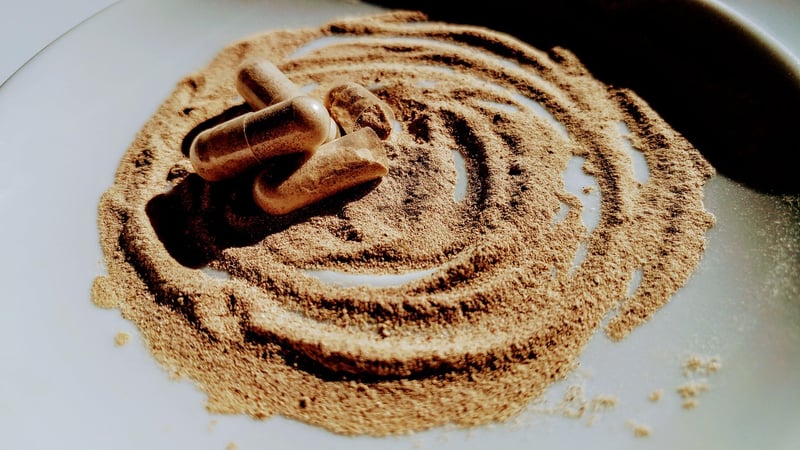Plant-based Alternatives
Essential Elements for Cooking and Plant-based Alternatives
Introduction
Whether you're a seasoned chef or just starting in the kitchen, understanding the essential elements for cooking is key to creating delicious meals. Additionally, incorporating plant-based alternatives into your cooking can bring a new level of creativity and health benefits to your dishes. Let's explore some essential elements for cooking along with plant-based alternatives to enhance your culinary skills.
1. Herbs and Spices
Herbs and spices are the building blocks of flavor in any dish. Stocking your pantry with essentials like basil, oregano, cumin, and paprika can add depth and complexity to your cooking. For plant-based alternatives, consider using fresh herbs like cilantro, parsley, or mint to elevate your dishes without relying on animal products.

2. Whole Grains
Whole grains such as quinoa, brown rice, and oats are nutritious staples that can serve as a base for many dishes. They provide fiber, vitamins, and minerals essential for a balanced diet. Experiment with plant-based alternatives like bulgur wheat or farro to diversify your grain options and add a nutty flavor to your meals.

3. Plant-based Proteins
Plant-based proteins such as tofu, tempeh, lentils, and chickpeas are excellent alternatives to meat. They are rich in protein, fiber, and other essential nutrients while being lower in saturated fats. Incorporate these plant-based options into your meals for a healthy and sustainable source of protein.

4. Nutritional Yeast
Nutritional yeast is a vegan pantry staple that adds a cheesy, umami flavor to dishes. It is rich in B vitamins and often used as a topping for popcorn, pasta, or roasted vegetables. Sprinkle nutritional yeast on your dishes as a plant-based alternative to Parmesan cheese for a savory kick.

5. Plant-based Milk
Plant-based milks like almond, soy, coconut, and oat milk are versatile alternatives to dairy milk. They can be used in cooking, baking, or as a dairy substitute in beverages. Experiment with different plant-based milk options to find the perfect match for your recipes.

Conclusion
By incorporating these essential elements for cooking and plant-based alternatives into your culinary repertoire, you can create flavorful, nutritious dishes that cater to a variety of dietary preferences. Experiment with different ingredients and techniques to elevate your cooking skills and explore the vibrant world of plant-based cuisine.
Images Source: Pixabay
